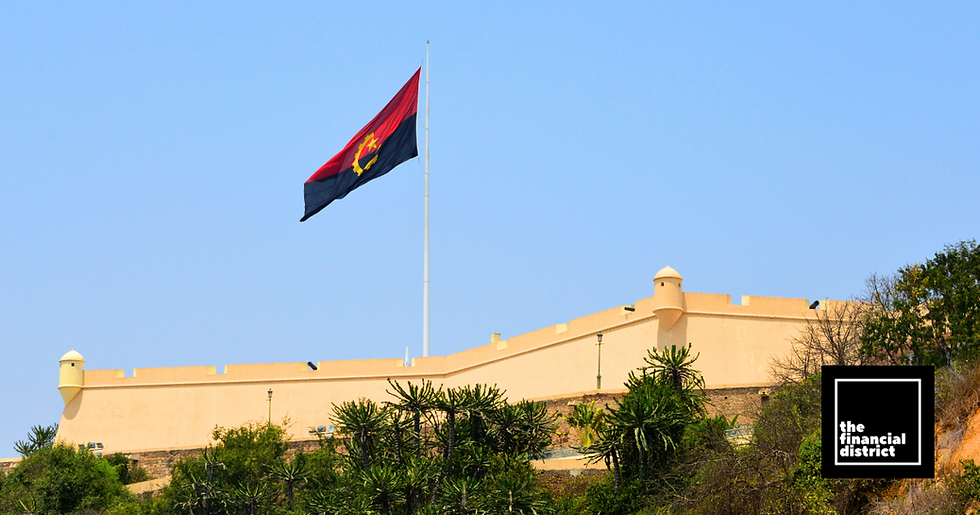Angola Quits OPEC Over Oil Output Quotas
- By The Financial District

- Dec 27, 2023
- 1 min read
Angola has announced its departure from the Organization of Oil Exporting Countries (OPEC) after 16 years of membership amid a dispute over oil production quotas, as reported by Grant Smith and Candido Mendes for Bloomberg News.

Luanda rejected a reduced output limit imposed by the leaders of the cartel to reflect the country’s dwindling capacity.
Luanda rejected a reduced output limit imposed by the leaders of the cartel to reflect the country’s dwindling capacity.
While the superficial blow to OPEC’s unity briefly weakened crude prices, the split won’t impact oil supplies from the country or the organization as a whole. Angola’s exit will shrink OPEC to 12 nations at a time when it’s struggling to shore up prices, which have lost almost 20% in the past three months.
Led by Saudi Arabia, the group and its allies have cut output to offset booming US production, with only partial success. Brent crude futures initially sank 2.4% on the news but then recouped some losses to trade near $79 a barrel.
“It neither signals an imminent rupture in OPEC+ cohesion nor jeopardizes near-term supply cuts,” said Bob McNally, president of consultants Rapidan Energy Group and a former White House official.
“That said, OPEC+ has to keep its act together for the next few years.”





![TFD [LOGO] (10).png](https://static.wixstatic.com/media/bea252_c1775b2fb69c4411abe5f0d27e15b130~mv2.png/v1/crop/x_150,y_143,w_1221,h_1193/fill/w_179,h_176,al_c,q_85,usm_0.66_1.00_0.01,enc_avif,quality_auto/TFD%20%5BLOGO%5D%20(10).png)










Comments